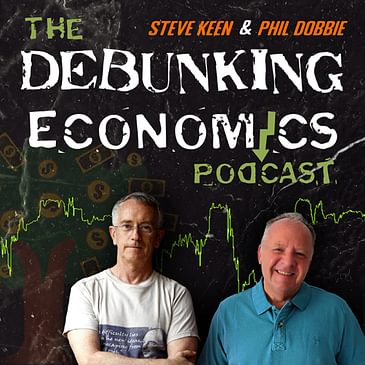Have central banks waited too long before dropping interest rates. Over the last week or so we’ve had Jerome Powell, the Governor of the Fed, saying inflation is coming down but they want to see more data before they’re convinced enough to drop rates. The Bank of England’s Andrew bailey said pretty much the same thing. And the ECB. But, as Phil and Steve observe this week, whilst we wait bank loans to corporations are falling rapidly, and in the US corporate bound issuance is also well down. Delaying rate cuts is hurting businesses who can’t grow and increase supplies to help reduce inflation. In fact, it is arguably making inflation worse. Steve argues this week that the main cause of inflation this time round has been margin profiteering by corporations, because demand is high and supply constrained. If companies can’t borrow to extend production, to retain profits all they can do is keep pushing prices higher and enjoy greater margins. It’s a long way from the monetarist philosophy which has been driving interest rates higher.
Hosted on Acast. See acast.com/privacy for more information.

